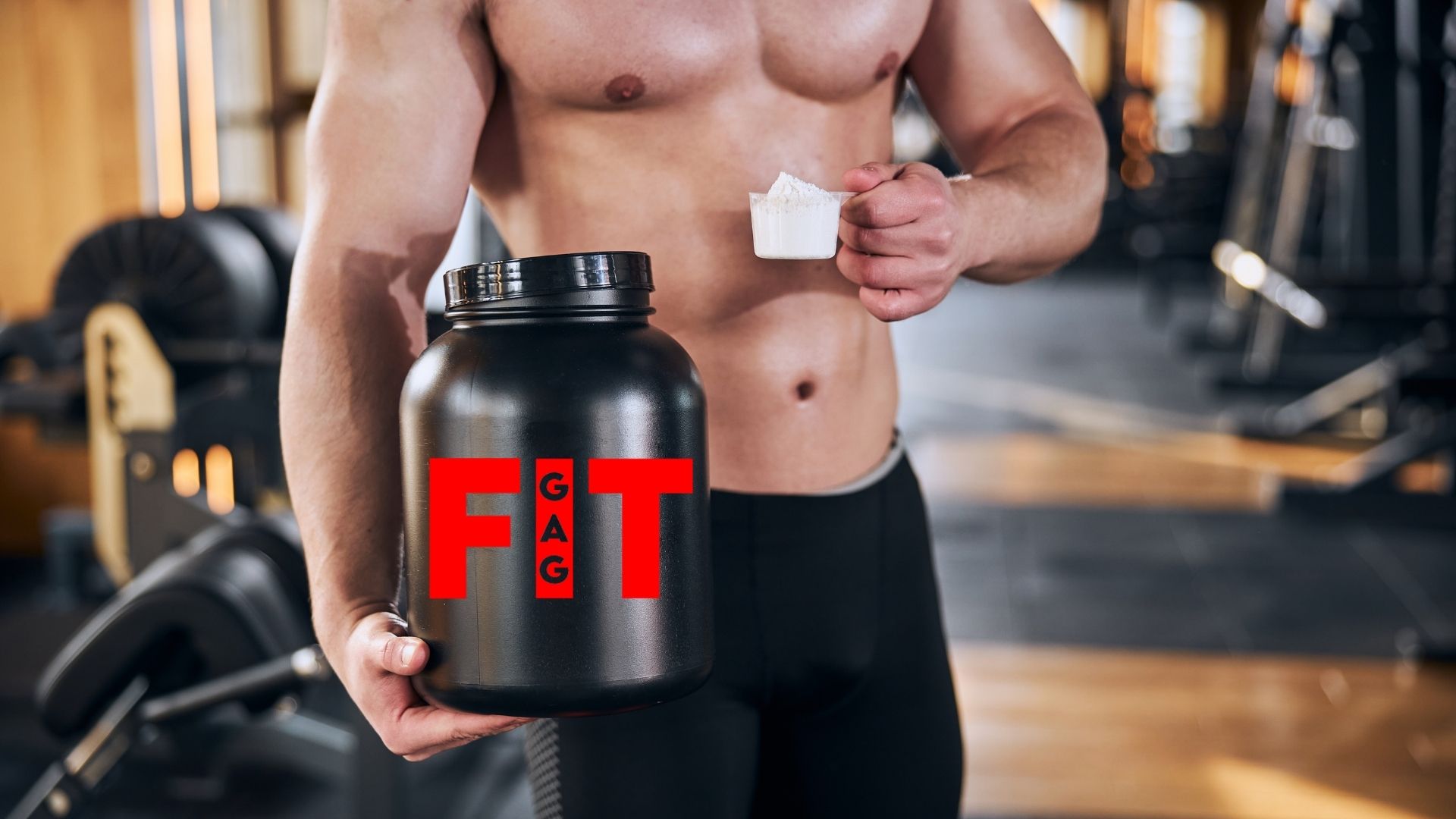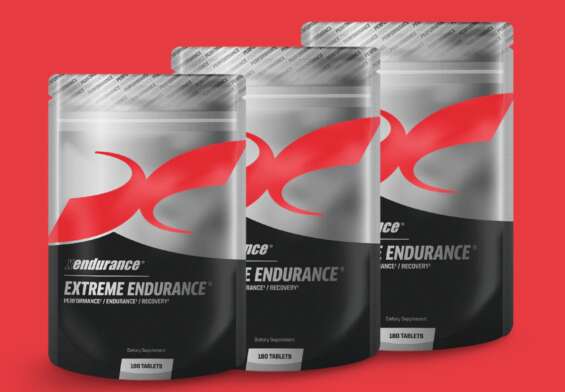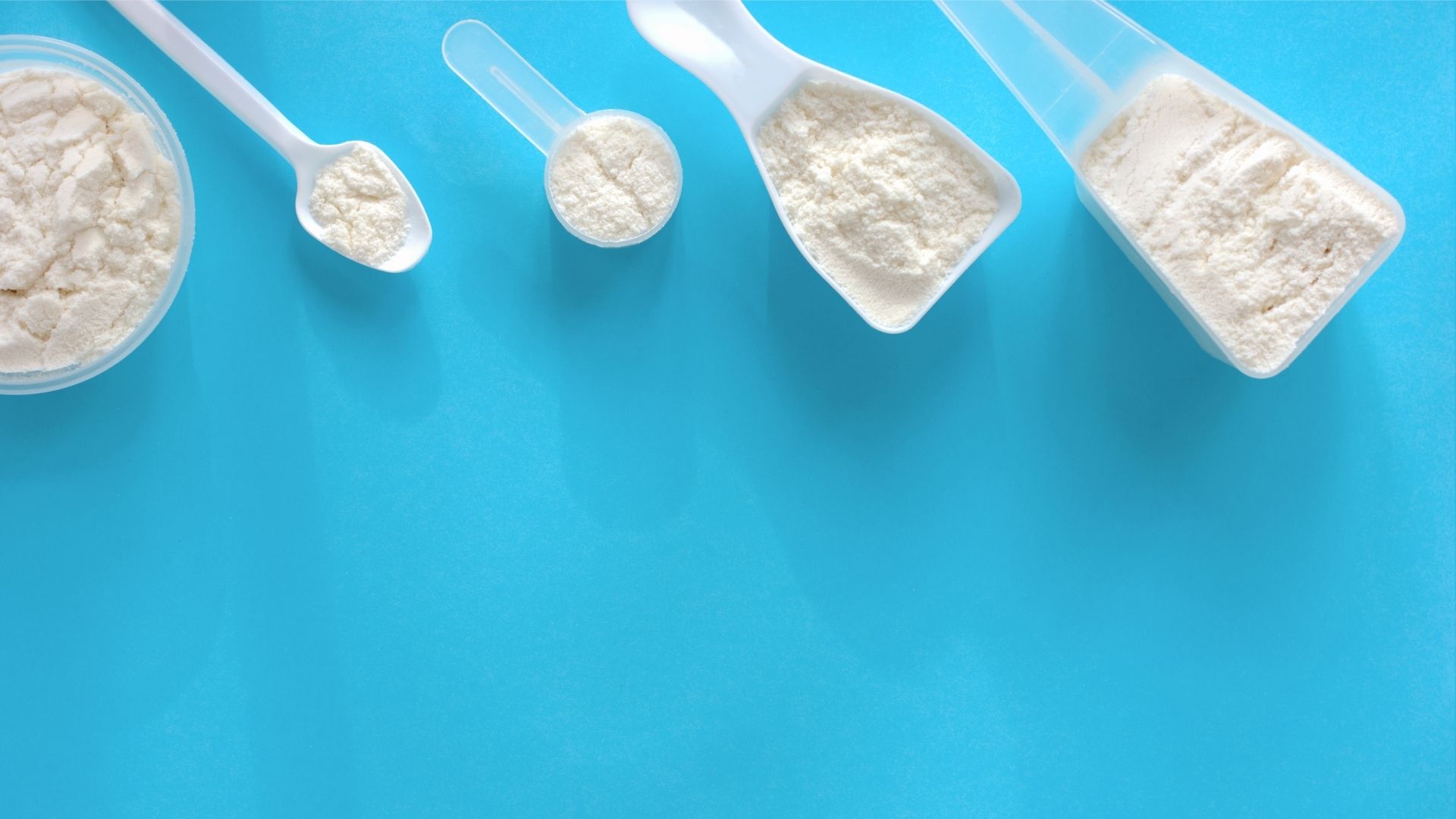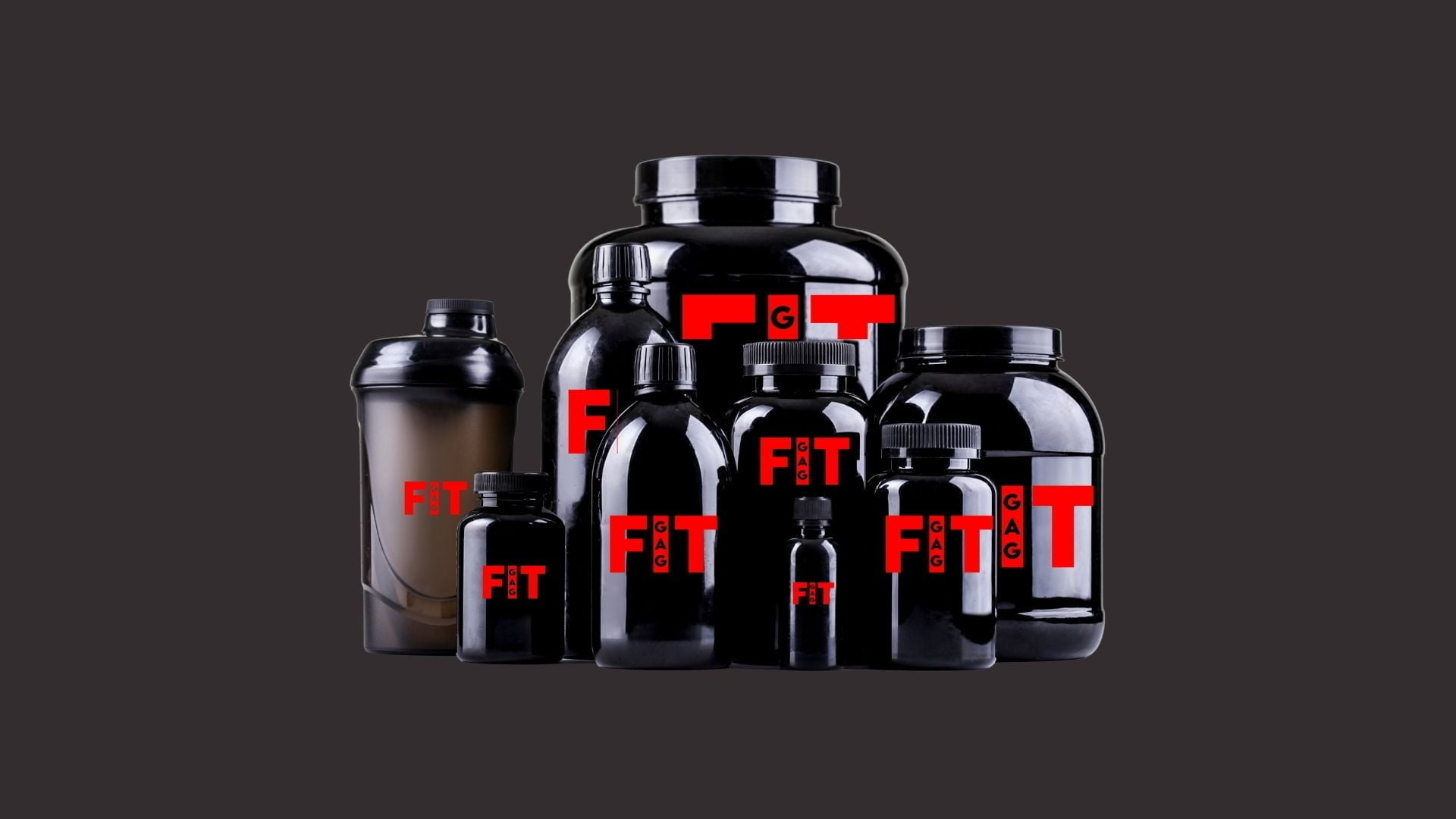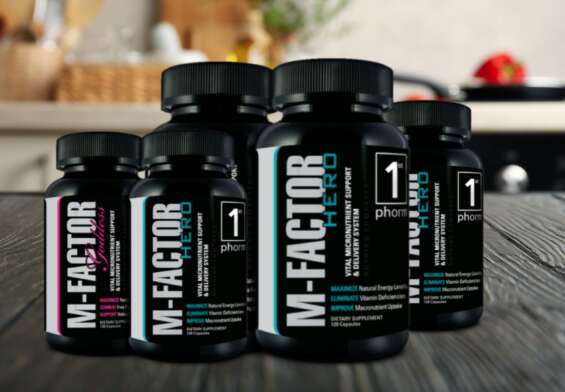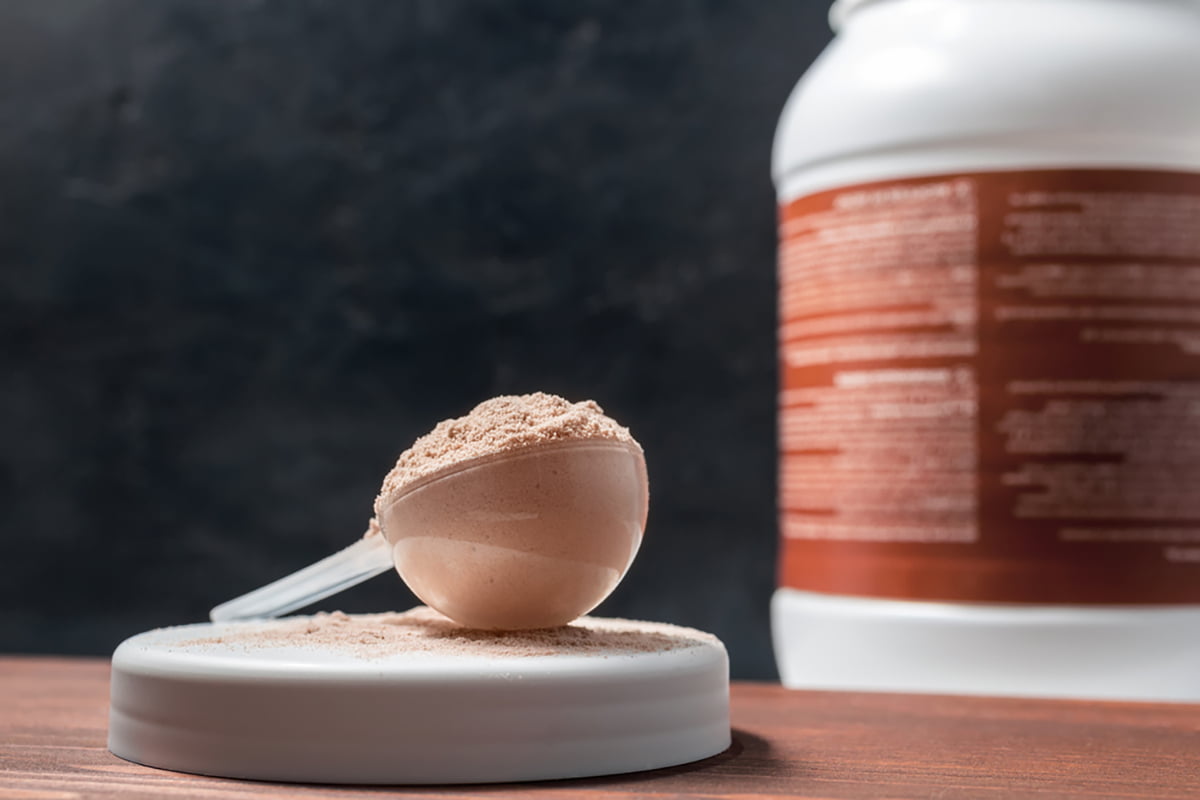
When Should You Drink Protein Powder? The Ultimate Guide
The best time to drink protein powder is right after your workout because you are giving your body protein and nutritional supplements. Apart from that, it doesn’t matter when you drink the protein powder. The body’s protein levels drop after training – the essential amino acids provided by whey protein powder are markers of muscle building. Whey protein powders aid muscle building, increase stamina and reduce muscle breakdown. BCAA amino acids in whey protein powders are metabolized directly in the muscles and not in the liver, unlike other amino acids.
When and how much you drink protein powder can vary depending on what you eat that day. If you have a strict training plan, it will be useful to take protein every 3-4 hours. If you don’t have time to cook or eat, protein powders can help.
For example, if you are working and your breakfast time is too tight, you can quickly supplement your daily protein intake by adding protein powder to your oatmeal. However, if you are on vacation or have time to cook on weekends, you can reduce your protein powder consumption by taking your protein intake from natural foods.
Why Should I Use Whey Protein Powder?
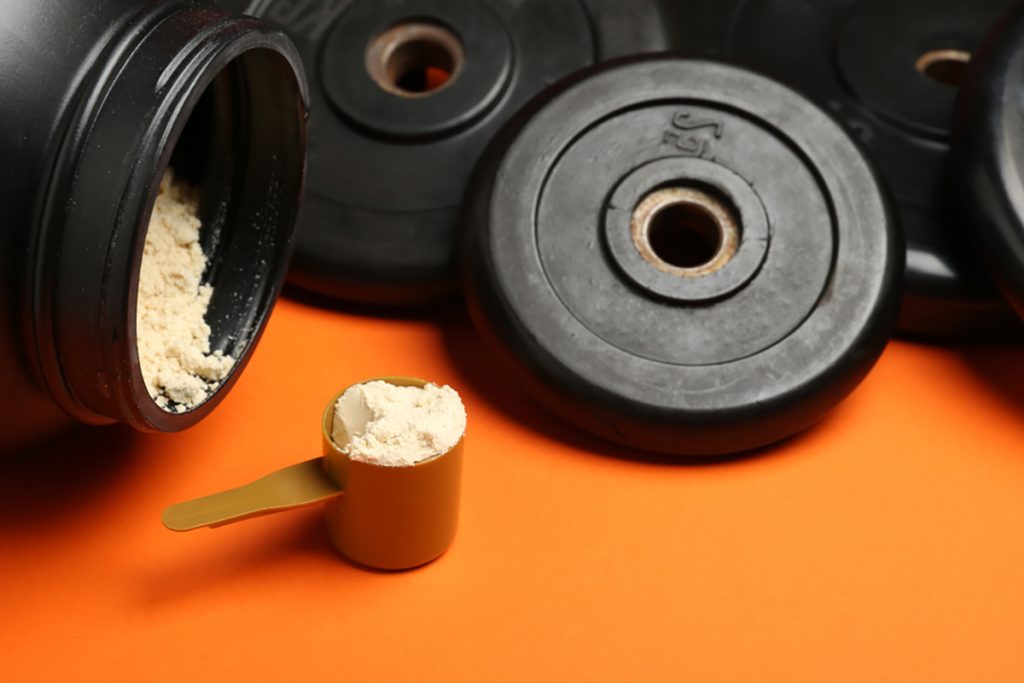
Whey protein contains high amounts of essential amino acids, namely BCAA. BCAA can make up as much as 60% of most protein powders. Isolated whey protein powders offer optimal nutritional values for the sports diet. The lactose ratio of isolated whey proteins is lower than 1%.
Benefits of Protein
- Protein provides energy to the body.
- Protein supplements support the increase in muscle mass.
- Many athletes consume protein to repair and maintain their muscles after rigorous training.
You can take a look at our Benefits Of Whey Protein article for more detailed information about the benefits of taking whey protein.



